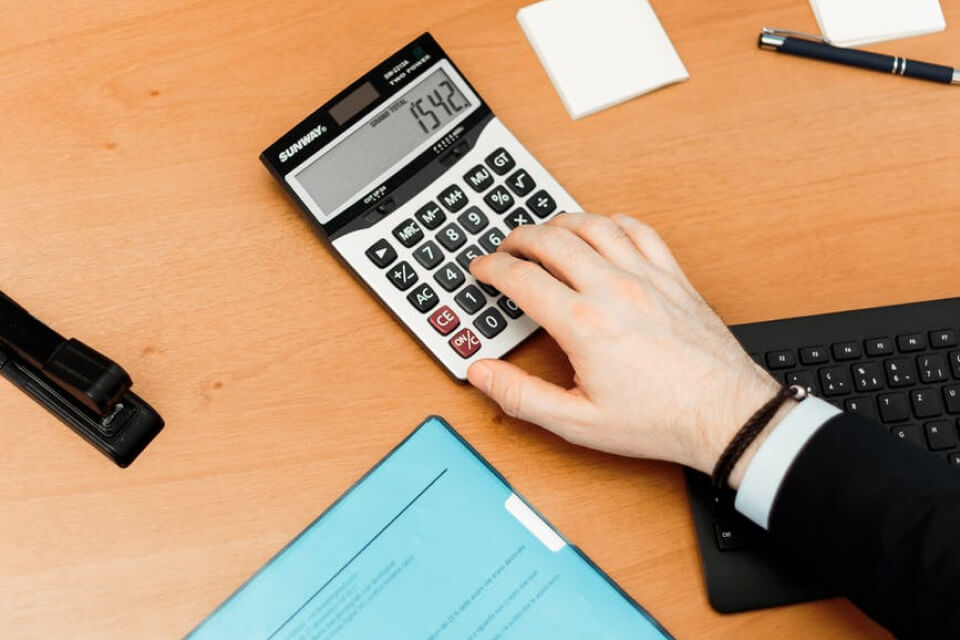:max_bytes(150000):strip_icc():format(jpeg)/GettyImages-2170879195-0ce4d70aa2ee4db096c00d482df4ad69.jpg)
The United States Small Business Administration offers government-backed loans that help small- to mid-sized companies get the financing they need for various goals, whether they want to invest in inventory, buy equipment or supplies or hire new workers so they can continue to grow and thrive. Two of the most common types of SBA loans are called 504 loans and 7(a) loans. While SBA loans have a higher maximum loan amount, 7(a) loans have a wider variety of potential uses.
Key Takeaways
- SBA 504 loans are typically used for the purchase of fixed assets, such as real estate and equipment.
- SBA 7(a) loans are more versatile and can be used for several possible business purposes, including working capital and refinancing existing business debt.
- Understanding the specific needs of your business is crucial when choosing between an SBA 504 and 7(a) loan.
What Is an SBA 504 Loan?
SBA 504 loans are designed for small businesses that need long-term financing in amounts of up to $5 million. Up to $5.5 million may be borrowed with these loans for small manufacturers or specific energy projects. These loans have fixed interest rates.
To qualify for an SBA 504 loan, small businesses must:
- Operate as a for-profit company within the U.S.
- Report a tangible net worth below $15 million
- Report an average net income below $5 million after federal income taxes for the two years before the application
Repayment terms for SBA 504 loans can last for 10, 20, or 25 years.
What Is an SBA 7(a) Loan?
SBA 7(a) loans are geared toward small companies that need financing for growth, including purchasing machinery and equipment, improving real estate or buildings, or as working capital. These loans also have a maximum loan amount of $5 million, although loans made under the SBA Express and Export Express delivery methods are capped at $500,000.
To qualify for an SBA 7(a) loan, small businesses must:
- Operate as a for-profit company within the United States
- Be small under SBA size requirements
- Not be a type of ineligible business
- Be creditworthy and have funds to repay the loan
- Be unable to obtain similar financing elsewhere
SBA 7(a) loans have durations that last a maximum of 25 years.
Key Differences Between SBA 504 and 7(a) Loans
While both SBA 504 and SBA 7(a) loans can have similarly high loan amounts and lengthy repayment terms, there are some key differences between these two loan types.
Purpose and Use of Funds
Where SBA 504 loans can be used for assets that promote business growth or job creation, they cannot be used as working capital. Overall, 7(a) loans offer a wider range of potential uses, including promoting job and business growth, refinancing debt, working capital, change of ownership of a company, and more.
Loan Amounts
SBA 7(a) loans are offered in amounts of up to $5 million. SBA 504 loans normally max out at $5 million, but certain borrowers can get up to $5.5 million.
Interest Rates and Fees
Interest rates for SBA 504 loans are tied to an increment above the current market rate for 10-year U.S. Treasury issues, per the SBA. In fiscal year 2025, an annual service fee of 0.331% applies. SBA lenders may also charge their own fees.
Interest rates for SBA 7(a) loans vary based on the borrower and the lender, but certain maximum rates apply based on the loan amount.
| Loan Amount | Max Rate |
| $50,000 or less | Base rate plus 6.5% |
| $50,001 to $250,000 | Base rate plus 6.0% |
| $250,001 to $350,000 | Base rate plus 4.5% |
| Greater than $350,000 | Base rate plus 3.0% |
SBA 7(a) loans can require you to pay an upfront SBA Guaranty Fee. Annual service fees also apply, but they’re paid by the lender and cannot be passed on to the borrower.
Collateral Requirements
With SBA 504 loans, the assets being financed (real estate, equipment, etc.) serve as collateral for the loan. With SBA 7(a) loans, collateral may or may not be required depending on the loan amount and delivery method.
Repayment Terms
SBA 504 loans come with repayment terms of 10, 20 or 25 years. SBA 7(a) loans, meanwhile, have a maximum repayment term of 25 years.
Can SBA 7(a) Loans Be Used for Refinancing Existing Debt?
Yes, SBA 7(a) loans can be used to refinance existing business debt. SBA 504 loans cannot be used for this purpose.
Are There Any Prepayment Penalties for SBA 504 or 7(a) Loans?
Both 7(a) loans and SBA 504 loans come with prepayment penalties that can apply on certain loan amounts and durations. For example, prepayment penalties can apply on 7(a) loans with maturities of 15 years or longer if a borrower prepays 25% or more of the outstanding loan balance within the first three years after the date the loan is first disbursed. In this case, the prepayment fee equals 1% to 5% of the prepayment amount depending on which year it’s made.
How Long Does It Typically Take to Get Approved for an SBA 504 or 7(a) Loan?
The U.S. Small Business Administration doesn’t share funding timelines for SBA 504 loans. For 7(a) loans, SBA turnaround time can be as fast as five to 10 days for certain loan types.
The Bottom Line
The SBA offers different types of funding for different purposes, which means you should carefully compare your borrowing options before you move forward. Consider how much funding your business needs, what you need to use the money for, and how long you’ll need to pay it back. From there, you can narrow down the right type of small business loan for your goals.


